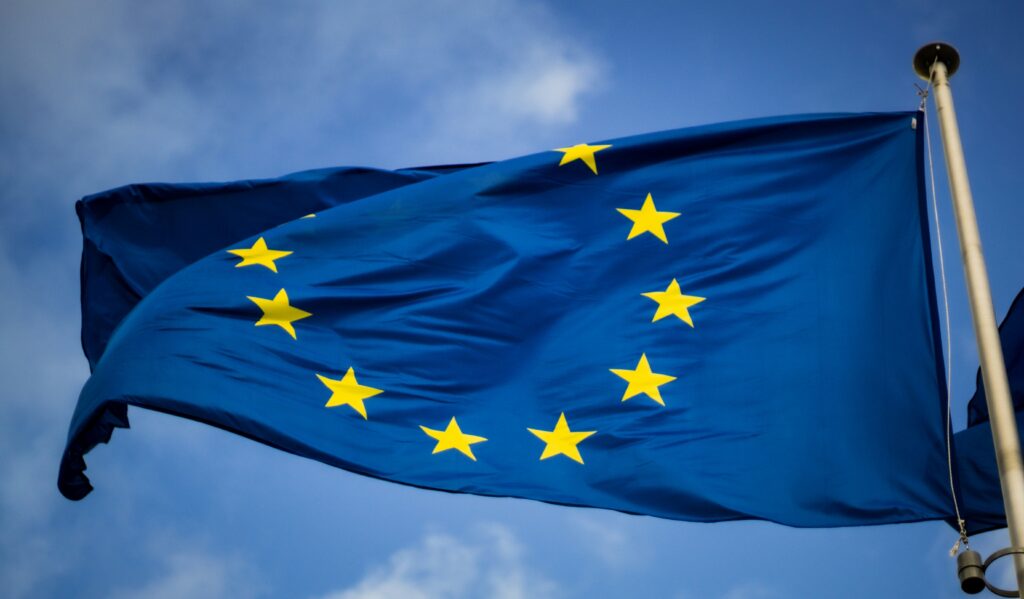
Launching a business in Europe requires careful consideration of the legal and regulatory landscape. Understandably, unfamiliar territory can be daunting for entrepreneurs, but with thorough research and a clear understanding of the European market, businesses can position themselves for success. This article provides an overview of the key legal and regulatory aspects that should be taken into account when launching a business in Europe.
Understanding the European Market
Key Characteristics of the European Market
The European market is a vast and diverse landscape, comprising various countries each with their own unique cultures, languages, and business practices. Despite this diversity, there are several key characteristics that are common across the region.
Firstly, the European Union (EU) offers businesses the opportunity to access a single market of over 450 million consumers. This means that once a business is established in one EU country, it can potentially expand its operations into other EU countries with relative ease.
Secondly, consumer preferences in Europe tend to favor high-quality products and services. European consumers place a strong emphasis on factors such as sustainability, social responsibility, and product safety. Therefore, businesses looking to enter the European market should align their offerings with these values.
Moreover, it is important to note that Europe is not just a market, but also a hub for innovation and technological advancements. Many European countries have a rich history of scientific research and development, leading to breakthroughs in various industries. This culture of innovation creates opportunities for businesses to collaborate with European partners, tap into cutting-edge technologies, and stay ahead of the competition.
Importance of Market Research in Europe
Prior to launching a business in Europe, conducting thorough market research is crucial. This involves gaining insight into consumer behaviors, preferences, and market trends across different European countries.
Market research allows businesses to identify potential opportunities and challenges in the European market. It provides valuable information about consumer demand, competitors, pricing strategies, and distribution channels. Armed with this knowledge, businesses can tailor their products, marketing strategies, and business models to suit local market requirements.
Furthermore, market research also helps businesses understand the cultural nuances and regulatory frameworks of each European country. This knowledge is essential for navigating the complexities of doing business in Europe and ensuring compliance with local laws and regulations.
Additionally, market research enables businesses to anticipate and adapt to changing consumer trends in Europe. With the rapid pace of technological advancements and evolving consumer preferences, staying ahead of the curve is crucial for long-term success in the European market.
Legal Framework for Businesses in Europe
Overview of European Business Laws
Europe has a comprehensive legal framework to regulate businesses and protect consumers. Each EU member state has its own legal system, but there is also a body of EU legislation that harmonizes certain aspects of business law.
Business laws in Europe cover a wide range of areas, including company formation, contracts, intellectual property, competition, consumer protection, and employment relations. It is essential for businesses to familiarize themselves with the relevant laws and regulations in the countries where they operate to ensure compliance and avoid legal disputes.
When it comes to company formation, businesses in Europe must adhere to specific requirements depending on the country in which they are establishing their operations. These requirements may include registering the business with the appropriate authorities, obtaining necessary licenses and permits, and complying with tax obligations.
Furthermore, contracts play a crucial role in business transactions in Europe. Understanding contract law is essential for businesses to ensure that their agreements are legally binding and enforceable. This includes clarity on terms and conditions, payment schedules, delivery timelines, and dispute resolution mechanisms.
Intellectual Property Rights in Europe
Protecting intellectual property (IP) is crucial for businesses operating in Europe. The EU has various mechanisms in place to safeguard IP rights, including patents, trademarks, and copyrights.
Businesses should consider registering their IP rights to prevent others from using their innovations and creations without permission. This not only protects their competitive advantage but also enables them to take legal action against any infringement.
Trademark registration, in particular, is vital for businesses looking to establish a unique brand identity in the European market. By registering a trademark, companies can protect their brand names, logos, and slogans from being used by competitors, thereby building brand recognition and loyalty among consumers.
Regulatory Environment in Europe
Understanding European Regulatory Bodies
Europe has a complex regulatory environment, with numerous regulatory bodies overseeing different areas. These bodies are responsible for ensuring compliance with relevant laws and regulations, as well as protecting consumers and promoting fair competition.
Examples of important regulatory bodies in Europe include the European Commission, which is responsible for proposing and enforcing EU laws, and national regulatory authorities in each member state. These authorities oversee sectors such as telecommunications, energy, finance, and consumer protection.
Compliance with European Standards and Regulations
Compliance with European standards and regulations is vital for businesses in Europe. They must meet certain requirements to ensure the safety, quality, and functionality of their products or services.
European standards cover a wide range of areas, including product safety, environmental sustainability, data protection, and cybersecurity. Complying with these standards not only helps businesses gain consumer trust but also minimizes the risk of legal issues and reputational damage.
Data Protection and Privacy Laws in Europe
General Data Protection Regulation (GDPR) Compliance
The GDPR, which came into effect in 2018, introduced comprehensive data protection and privacy laws in Europe. It applies to businesses that process personal data of individuals within the EU, regardless of the business’s location.
Under the GDPR, businesses must obtain consent to process personal data, implement security measures to protect data, and give individuals the right to access and delete their data. Non-compliance with the GDPR can result in significant fines and reputational damage.
Privacy and Electronic Communications Regulations (PECR)
In addition to the GDPR, businesses operating in Europe must also comply with the Privacy and Electronic Communications Regulations (PECR). These regulations govern electronic marketing communications, including email marketing, SMS marketing, and telemarketing.
PECR requires businesses to obtain consent from individuals before sending marketing communications and provides individuals with the right to opt-out. It also sets rules for the use of cookies and similar technologies on websites.
Employment Laws for Businesses in Europe
Workers’ Rights and Benefits in Europe
Europe has a strong tradition of protecting workers’ rights and providing social benefits. Employment laws in Europe cover areas such as working hours, minimum wage, vacation entitlement, and health and safety.
Businesses operating in Europe must comply with these laws to ensure fair treatment of employees and avoid legal disputes. Additionally, businesses may consider offering competitive benefits and a positive work environment to attract and retain talent in the highly competitive European labor market.
Hiring and Firing Regulations in Europe
The process of hiring and firing employees in Europe is governed by specific regulations that vary from country to country. These regulations aim to strike a balance between protecting employees and allowing businesses to make necessary workforce adjustments.
Businesses should familiarize themselves with the legal requirements and procedures for hiring and firing in the countries where they operate to ensure compliance and mitigate the risk of legal disputes.
Launching a business in Europe requires careful consideration of the legal and regulatory landscape. Understanding the European market, complying with business laws and regulations, protecting intellectual property, and ensuring data protection and privacy are just a few of the key considerations for businesses venturing into Europe. By navigating the legal and regulatory complexities effectively, businesses can position themselves for success in this diverse and dynamic market.
Ready to navigate the complexities of launching and growing your business in Europe? Izba Consulting is your dedicated partner in this journey. With our unique blend of Fortune 500 and startup experience, we’re equipped to enhance your supply chain operations, drive profitability, and support your business at every stage—from startup to scale-up, and through to a successful exit. Don’t go it alone; let us be the strategic extension of your team that you need. Subscribe to our newsletter today and start transforming your business with insights from Izba Consulting.




